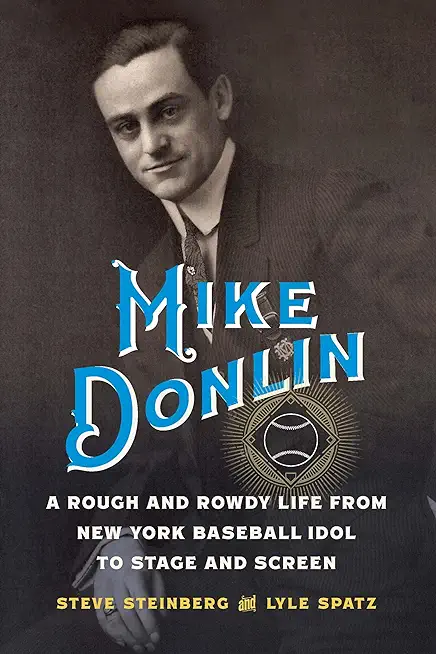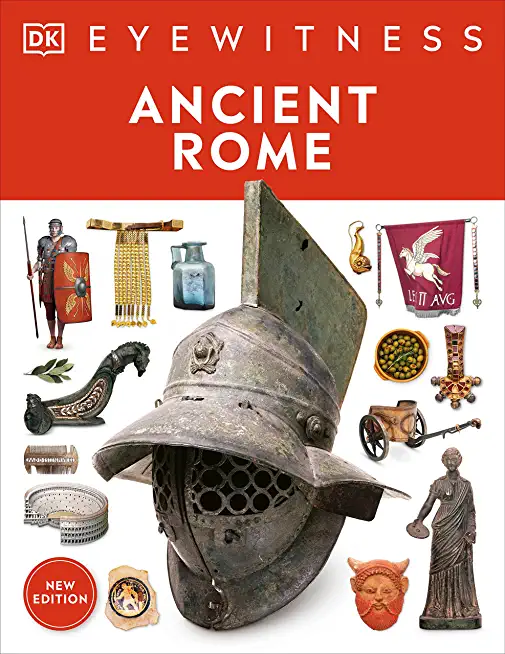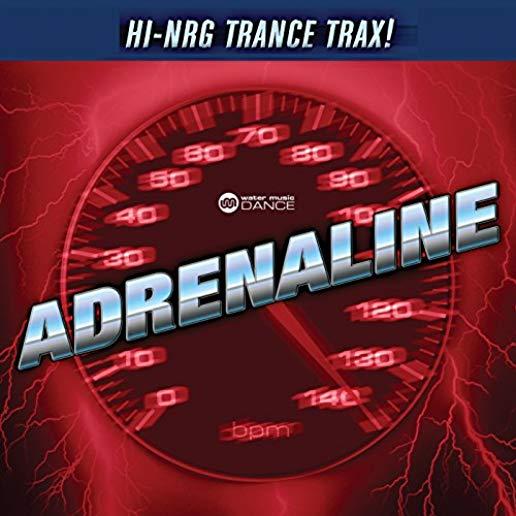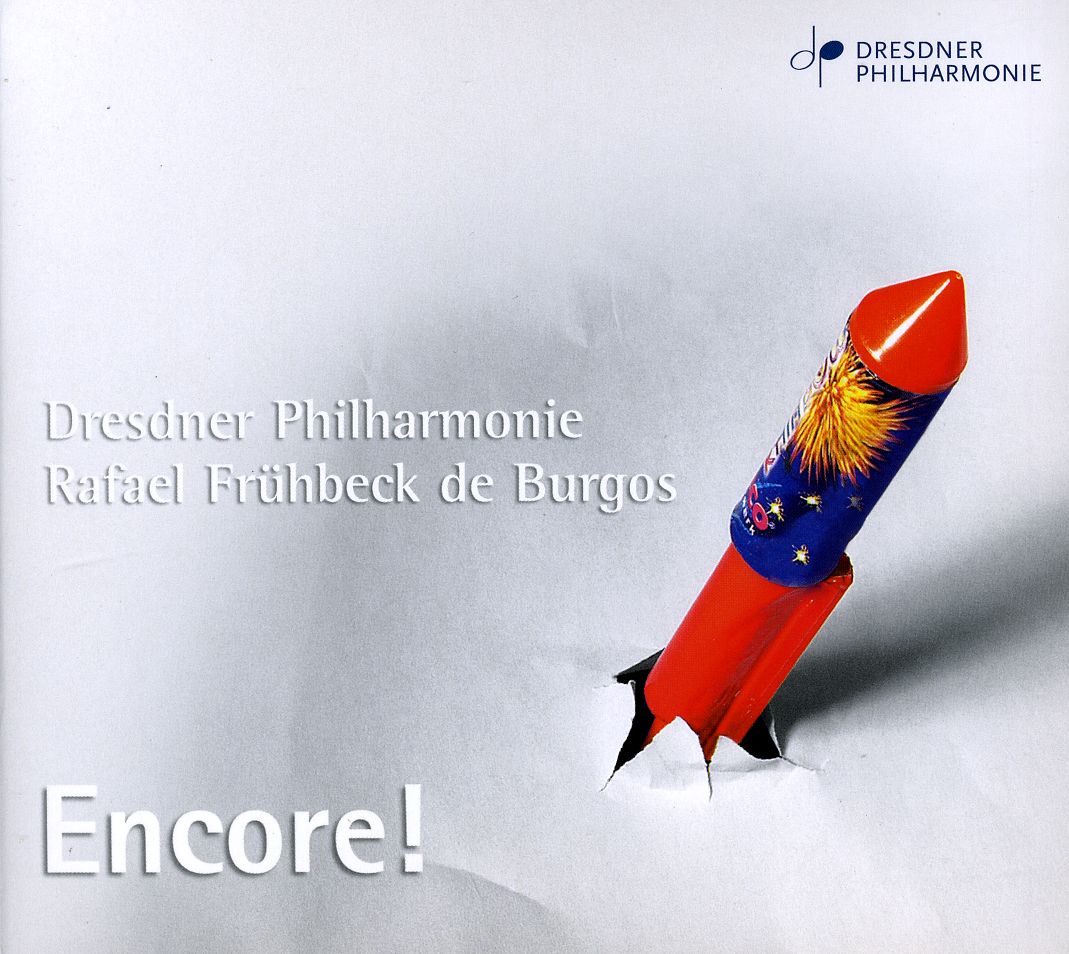
Steinberg, Steve
product information
description
nd complicated personality. He was the most popular athlete in New York and was a star on the powerful New York Giants teams of 1905 and 1908. Though haunted by tragedy, including the deaths of both of his parents as a boy, Donlin was a charming, engaging, and kind-hearted man who also had successful careers on the stage and in film. One of the early "bad boys" among professional athletes, Donlin's temper and combativeness--compounded by alcoholism--led to battles with umpires and fans, numerous suspensions from the game, and even jail time. In 1906, when Donlin married vaudeville actress Mabel Hite, his life changed for the better, and their love story captivated the nation. Donlin left baseball after his sensational comeback for the dramatic 1908 season and joined Mabel on the stage, likely losing a Hall of Fame career. Then in 1912, at the age of twenty-nine, Mabel died of intestinal cancer. After making a final comeback as a player in 1914, Donlin starred in baseball's first feature film. He became a drinking buddy of actors John Barrymore and Buster Keaton and married actress Rita Ross. The couple moved to Hollywood, where Donlin became a beloved figure and appeared in roughly one hundred movies, mostly in minor roles. Despite his Hollywood career, Donlin stayed connected to the game he loved and was seeking a coaching job with the Giants when he died of a heart attack in 1933. At the dawn of the celebrity era of sports, Donlin was one of the nation's first athletes to capture the public's attention. This biography by Steve Steinberg and Lyle Spatz shows why.
member goods
No member items were found under this heading.
Return Policy
All sales are final
Shipping
No special shipping considerations available.
Shipping fees determined at checkout.







